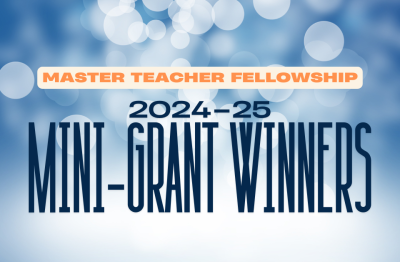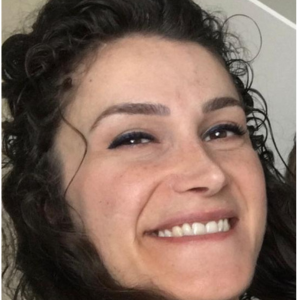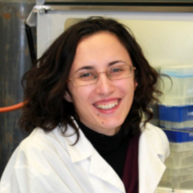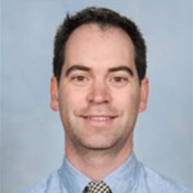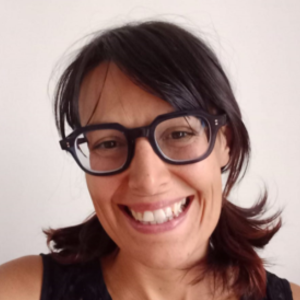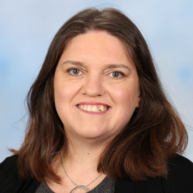Innovation and scale continues to thrive within the ABE teacher community! On 2 October, five ABE Master Teacher Fellows received letters notifying them they have been funded for a 2024–25 mini-grant to continue to scale their original ABE Master Teacher Fellowship projects.
The following Fellows were awarded mini-grants:
|
Ayşegül Altun Tanrıverdi (ABE Türkiye) |
This mini-grant supports students to refine and troubleshoot designs for a low-cost student-developed electrophoresis device, thereby scaling a project focused on engineering applications within biotechnology fields, supporting and encouraging entrepreneurship and hands-on applications beyond the bench. |
|
|
|
|
Chiara Garulli (ABE Italy) |
This project further develops the "Exploring Lactase" and "Exploring Lactase Persistence" segments of Ms. Garulli’s Master Teacher Fellowship project, transforming a case study into hands-on experiments and activities, and adding an upgraded methodological approach for students to study enzyme kinetics. |
|
|
|
|
Aidan Johnson (ABE Australia) |
This mini-grant supports a new kit expanding Dr. Johnson’s project to a new school. The project helps students see what Rosalind Franklin was doing with X-ray crystallography and how diffraction patterns provide crucial information about molecular structures—specifically the structure of DNA. |
|
|
|
|
Gilda Nappo (ABE Italy) |
This mini-grant supports activities extending the MTF project “Green Explorers: Inquiry and Action for Environmental Stewardship,'' through which secondary and lower secondary students will explore bioremediation, which uses microorganisms to clean up oil spills and contaminated soils, phytoremediation, where plants are used to absorb pollutants from the environment, and biofuels, which offer renewable energy alternatives to fossil fuels. |
|
|
|
|
Susan Senior (ABE Australia) |
This mini-grant supports an extension unit aimed at students aged 14-16, which will adapt ABE resources and LabXchange animations for effective non-lab based classroom use and also the making of plastic plasmid models to have a hands-on simulation of the production of a recombinant plasmid. These activities and materials will also aid teachers unfamiliar with biotechnology to meet curriculum requirements in this area by 2026. |
